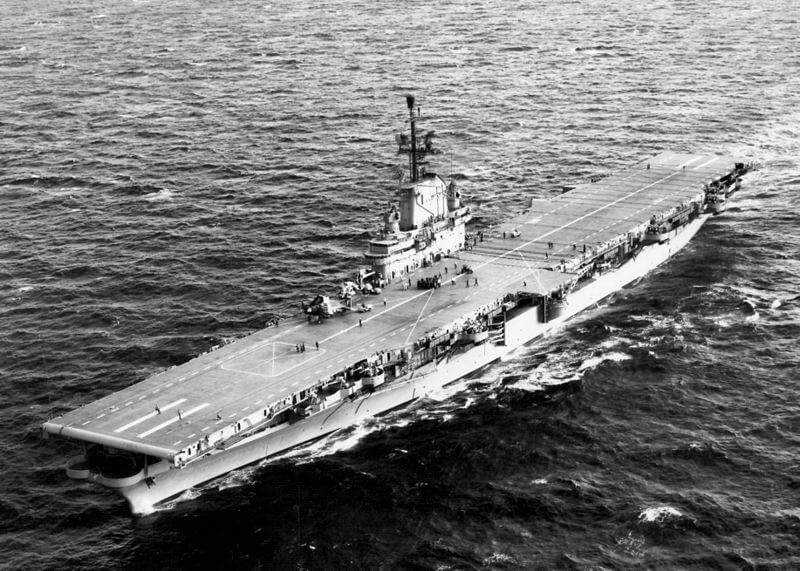Blue Water Navy Update: Federal Circuit Order in Procopio v. Wilkie

CCK Law: Our Vital Role in Veterans Law
On May 21, 2018, the Federal Circuit issued an order for supplemental briefing asking the two parties in the case Procopio v. Wilkie to answer the following question: What is the impact of the pro-claimant canon on step one of the Chevron analysis in this case, assuming that Haas v. Peake did not consider its impact? The case centers around whether Blue Water Navy veterans of the Vietnam Era are entitled to service connection under VA’s herbicide presumption.
READ the Court’s Order for Blue Water Veteran case Procopio v. Wilkie here.
What Is In the Order?
Each side was told to file their response by June 4, 2018 and limit their response to 15 pages. This order is unusual for a few reasons: (1) an order for supplemental briefing after an oral argument is not common; (2) both sides have to file simultaneous briefs and (3) the short turnaround time of two weeks to file the response.
During the oral argument, the attorney for VA asserted that the issue of pro-claimant canon of construction under step one of Chevron was not briefed by Mr. Procopio. While one of the judges during the oral argument questioned that assertion, it seems the Court is now providing the government an opportunity to address the matter in a formal pleading.
Background: How Did the Court Get Here?
Procopio, the veteran in the case, appealed a decision from the Court of Veterans for Veterans Claims (CAVC) denying him disability benefits on the grounds that he is a Blue Water Navy veteran and therefore not eligible for presumptive service connection under VA’s herbicide presumption regulation.
Procopio seeks to overturn the Federal Circuit’s ruling in the case Haas v. Peake, in which the Federal Circuit held that VA could exclude Blue Water Navy veterans from benefits under their herbicide presumption. If successful, VA would then have to recognize Blue Water Navy veterans under their herbicide regulation that allows for presumptive service connection for certain conditions for veteran who served in the Republic of Vietnam between January 9, 1962 and May 7, 1975.
What Does the Order Mean?
This order seems to indicate that the Court will want to address the issue head on in its decision. If the Court decides it can apply the pro-claimant canon construction at step one of Chevron, Haas can be overturned without the court going en banc. En banc means that the case would be heard before the entire Court rather than a panel of judges on the Court. Finally, if the Court overturns Haas, the VA would likely move for en banc review and then ultimately appeal to the Supreme Court.
About the Author
Share this Post
